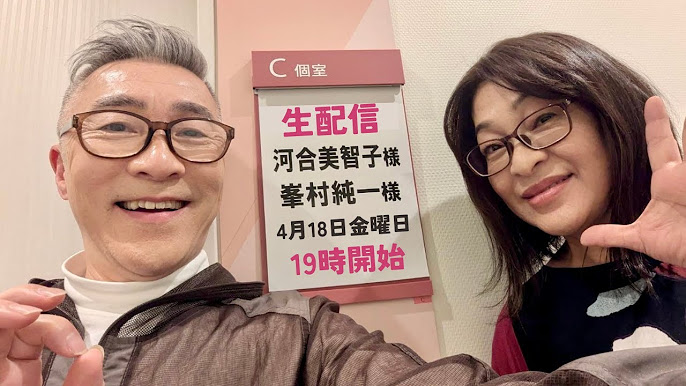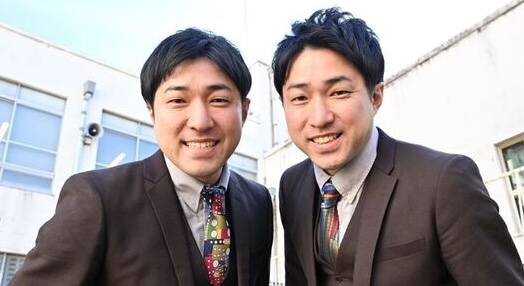A recent report from an external committee investigating Fuji TV has revealed alarming comments made by executives regarding young female employees, referring to them as “joy groups.” The committee’s findings highlighted that several young female staff members participated in activities with senior executives and entertainment production company heads, often under pressure or direct instruction.
 The term “joy group,” which evokes troubling associations, was reportedly used by multiple department heads within the company. This revelation has sparked outrage and concern about workplace culture at Fuji TV, raising serious questions about gender discrimination and harassment within the organization. Critics have drawn parallels between this terminology and oppressive regimes, suggesting that such language reflects a broader systemic issue within the company.
The term “joy group,” which evokes troubling associations, was reportedly used by multiple department heads within the company. This revelation has sparked outrage and concern about workplace culture at Fuji TV, raising serious questions about gender discrimination and harassment within the organization. Critics have drawn parallels between this terminology and oppressive regimes, suggesting that such language reflects a broader systemic issue within the company.
As the fallout from these revelations unfolds, many are calling for an in-depth investigation into not only Fuji TV but also the advertising agencies associated with it, where similar allegations of sexism and objectification have surfaced. Observers express disbelief that such antiquated and demeaning attitudes persist in a major corporation in contemporary Japan.
The report has ignited discussions about the ethical responsibilities of corporate leadership and the need for a cultural overhaul within industries that have historically marginalized women. Advocates for change emphasize that allowing such language and behavior to continue unchecked is a disservice to both employees and the public.
This situation underscores the urgent need for accountability and reform in workplace practices, particularly in environments where power dynamics can lead to exploitation. As the public grapples with these troubling revelations, the call for a comprehensive reassessment of corporate culture at Fuji TV intensifies, demanding a commitment to creating a safe and respectful workplace for all employees.



